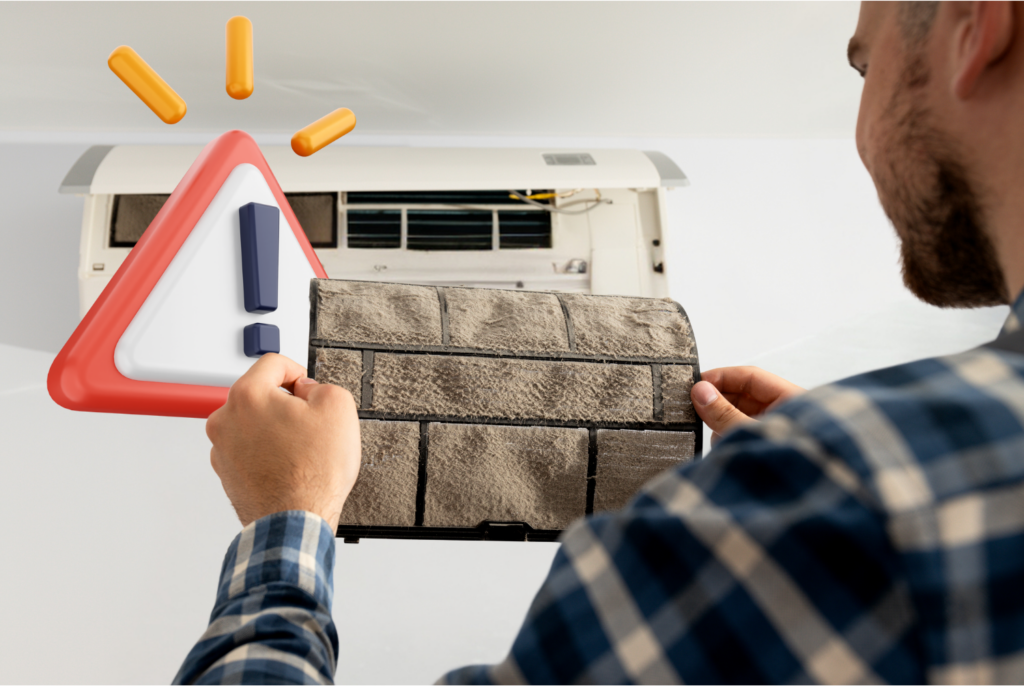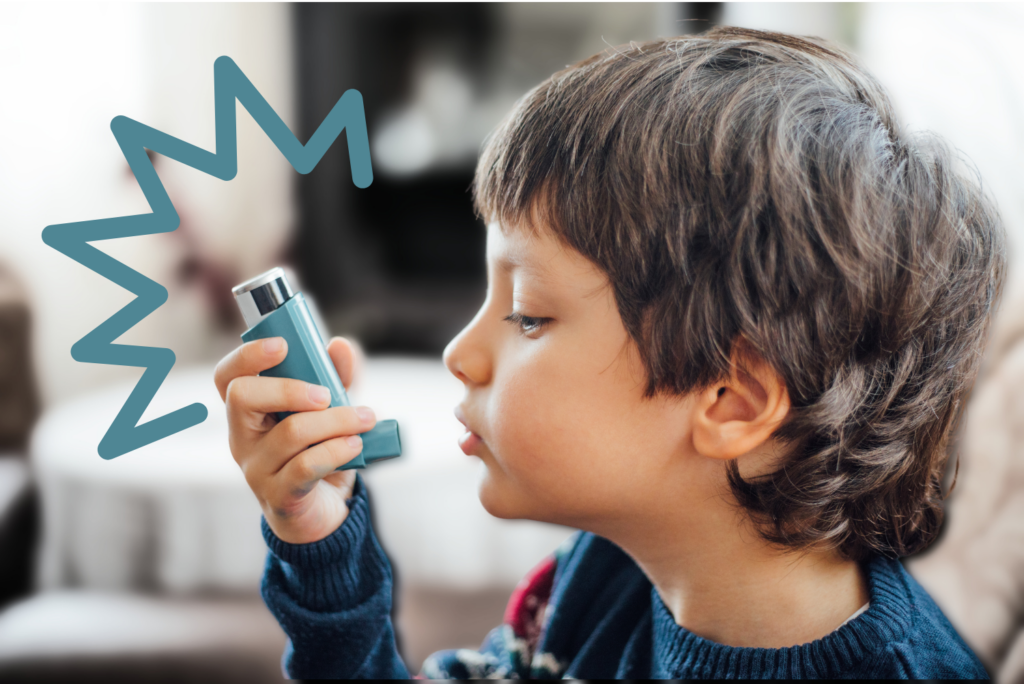Indoor Air Quality
CNEHJ has a committee dedicated to educating and engaging nurses about the risks associated with air quality.
Indoor Air Quality in Homes: A Educational Series for Nurses
A Free 4-Part Series
If you do not require CE, please use Click Here
Watch our free 4-part webinar series on Indoor Air Quality in Homes in collaboration with Hayward Institute. The American Nurses Association’s Healthy Nurse, Healthy Nation program will co-sponsor the webinar series, in addition to other nursing and health professional organizations. Come listen and engage with indoor air quality experts, who will offer their insights into the critical role health professionals can play in addressing indoor air quality in homes. In addition to offering their wealth of knowledge and expertise in the field, our speakers will provide action items and assessment tools that can be adapted into our health practice.
1 hour of Nursing CE credit will be offered to participants who complete an evaluation and receive at least 80% on post-test for each webinar session (4 total CEs available).

In Collaboration with

Our Program Hosts
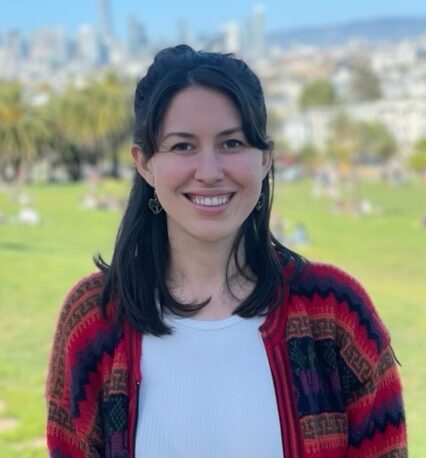
Alexis Duran
RN, MPH
Leadership Council Member with California Nurses for Environmental Health and Justice

Holly Carpenter
RN, BSN
Senior Policy Advisor with American Nurses Association
Introduction to Indoor Air Pollutants
Watch the Recorded Webinar Below
Our first webinar will provide a general overview of indoor air quality basics and help nurses to understand the many health risks that can be created by indoor air pollution. Common exposures will be described as well as risks associated with climate-related events such as fires and flooding.
This comprehensive session will cover:
- Indoor Air Quality in US Homes: Understand the current state of indoor air quality in North American households.
- Susceptibilities and Health Impacts: Learn about the populations most susceptible to indoor air pollution and the potential health consequences they face.
- Body Systems Affected: Discover which body systems are most impacted by indoor pollutants.
- Health Effects of Exposure: Explore some of the health effects associated with exposure to indoor air pollutants.
- Sources of Pollutants: Identify common sources of indoor air pollutants within homes.
- Climate Change and Air Quality: Understand how climate change is influencing indoor air quality.
Meet our Speakers

Lisa M. Thompson
PhD, MS, RN, FNP, FAAN
Dr. Lisa M. Thompson, PhD, MS, RN, FNP, FAAN, is a tenured Professor in the Nell Hodgson Woodruff School of Nursing at Emory University. The focus of her research is to evaluate effective behavioral change interventions to reduce maternal and infant exposures to household air pollution from the use of solid cooking fuels in low-resource countries. For the past 20 years, she has worked on intervention trials related to household air pollution, starting as a graduate student on a landmark study, the first randomized stove intervention study on infant pneumonia in Guatemala (RESPIRE trial), and currently works on the Household Air Pollution Intervention Network (HAPIN) stove intervention trial in Guatemala, Peru, Rwanda, and India. She is the principal investigator of a village-level cluster randomized trial in rural Guatemala (Ecolectivos). This is an implementation science study to develop and evaluate community-level interventions that aim to reduce household burning of plastic waste. She was inducted into the 2021 Sigma Theta Tau International Nurse Researcher Hall of Fame and received the 2023 Episteme Laureate award from Sigma.
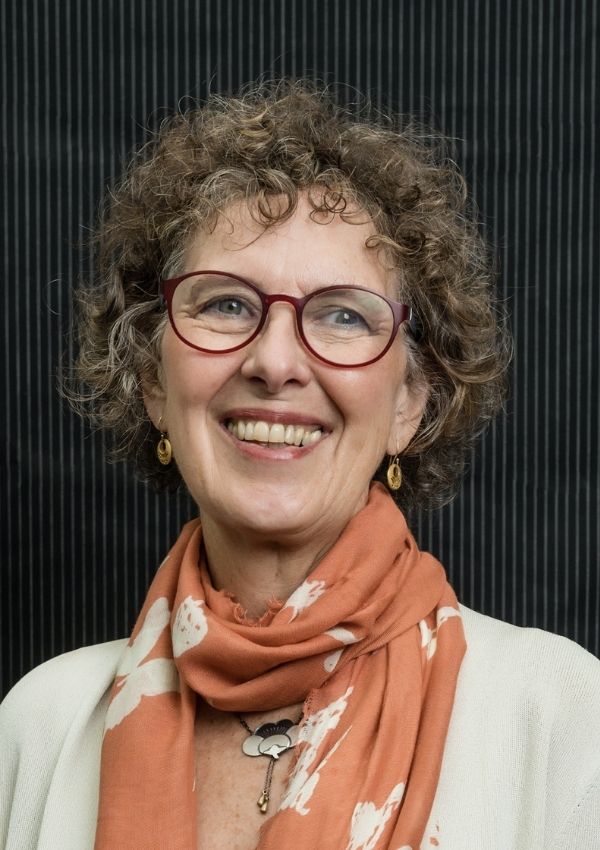
Barbara Sattler
RN, DrPH, FAAN
Dr. Sattler is a professor at the University of San Francisco and an international leader in environmental health and nursing. She is a founding and active member of both California Nurses for Environmental Health & Justice, as well as the Alliance of Nurses for Healthy Environments. While at the University of Maryland, she directed the Maryland hospitals for Healthy Environments, a 10-year statewide initiative that helped hospitals develop sustainable policies and practice to achieve the triple bottom line of employee health, patient health, and ecological health. She also helped to bring local, sustainable, and healthy foods to Maryland’s hospitals, supported by grants from the US Department of Agriculture.
Dr. Sattler has worked in communities facing environmental health risks associated with lead-based paint, pesticides, superfund sites, and risks associated with gas and oil extraction, including fracking. She has been an advisor to the US EPA’s Office of Child Health Protection and the National Library of Medicine for informational needs of health professionals on environmental health. Dr. Sattler has been the recipient of NIEHS, HUD, and EPA grants, as well as a host of private foundations. She is also an author of Environmental Health and Nursing Practice and a host of peer-reviewed articles. Dr. Sattler is a Registered Nurse with an MPH and DrPH from the John Hopkins School of Public Health. She is a Fellow in the American Academy of Nursing.
Improving Indoor Air Quality
Watch the Recorded Webinar Below
Our second webinar will expand on the Introduction to Indoor Air Pollutants in Homes webinar where we learned how to identify common air pollutants present in the home. This time, we will equip nurses with practical actions they can implement at home to improve indoor air quality. Additionally, we will introduce an indoor air quality home assessment tool designed for use in patient’s homes. This tool is especially relevant for nursing specialties such as public health, home health, case management and other roles where nurses commonly enter the patients living space.
This comprehensive session will cover:
- State of Indoor Air Quality: Learn how to identify indoor air pollutants found in the home that require action.
- Attainable and Affordable Actions: Learn how to prevent, reduce and eliminate those indoor air pollutants in the home.
- Home Health Assessment: Identify when it is important to conduct an indoor air quality home health assessment.
- Home Health Assessment: Understand how to do conduct an indoor air quality home health assessment.
- Indoor Air Quality Engagement: Explore some effective ways to engage patients, families and communities in improving their indoor air environments.
Meet our Speakers

Crystal Loucel
RN
For over a decade Crystal Loucel has served as a bilingual and bicultural Public Health Nurse (PHN) within the San Francisco Bay Area. She obtained her Master of Science from UCSF’s School of Nursing and a Master in Public Health from Loma Linda University. Since 2019, Crystal has worked as a Certified Diabetes Care & Education Specialist (CDCES) and a Health & Wellness Nurse Coach (HWNC-BC). In her current role, she works as a Research Nurse for a study in Type 1 Diabetes and co-transplantation of pancreas cells for improved insulin production. She currently serves on the National Board of Directors of NAHN and Co-Chair of the Diversity, Equity, Inclusion Committee. In 2023, she was awarded year-long fellowships through the Alliance of Nurses for a Healthy Environment as well as an Emerging Diversity Leaders Fellow with AcademyHealth.

Barbara Sattler
RN, DrPH, FAAN
Dr. Sattler is a professor at the University of San Francisco and an international leader in environmental health and nursing. She is a founding and active member of both California Nurses for Environmental Health & Justice, as well as the Alliance of Nurses for Healthy Environments. While at the University of Maryland, she directed the Maryland hospitals for Healthy Environments, a 10-year statewide initiative that helped hospitals develop sustainable policies and practice to achieve the triple bottom line of employee health, patient health, and ecological health. She also helped to bring local, sustainable, and healthy foods to Maryland’s hospitals, supported by grants from the US Department of Agriculture.
Dr. Sattler has worked in communities facing environmental health risks associated with lead-based paint, pesticides, superfund sites, and risks associated with gas and oil extraction, including fracking. She has been an advisor to the US EPA’s Office of Child Health Protection and the National Library of Medicine for informational needs of health professionals on environmental health. Dr. Sattler has been the recipient of NIEHS, HUD, and EPA grants, as well as a host of private foundations. She is also an author of Environmental Health and Nursing Practice and a host of peer-reviewed articles. Dr. Sattler is a Registered Nurse with an MPH and DrPH from the John Hopkins School of Public Health. She is a Fellow in the American Academy of Nursing.
Indoor Air Quality “Hot Topics”
Watch the Recording Below
Our third webinar will delve deeper into a couple of indoor air quality “hot topics” with expert speakers. Our first topic will explore the health effects of gas stove pollution and provide actionable steps to reduce health risks. Our second topic will define the principles of Integrated Pest Management to minimize encounters with household pests and to prevent households from defaulting to toxic pesticides as the primary solution for pest control.
This comprehensive session will cover:
Gas Appliances and Health
- Indoor Air Pollution from Gas Stoves: Learn how gas appliances produce potentially dangerous indoor air pollutants.
- Health Impacts from Gas Stoves Use: Address the health impacts that can be caused or worsened by gas stoves, especially with improper ventilation.
- Susceptible Populations: Identify and prioritize the populations most at risk for the health impacts of gas stove pollution and understand why they are more susceptiple.
- Gas Stove Health Risk Reduction: Learn about actions that can be implemented to reduce gas stove-related health risks.
Integrated Pest Management
- Health Impacts of Pests and Pesticides: Understand how both, unmanaged home pests and the use of harmful pesticides can affect health.
- Control Pests and Reduce Pesticide Use: Explore some effective ways to reduce or eliminate pesticide use and still control pests.
- Professional Support: Identify when a pest problem is beyond your control and professional support is needed.
Meet Our Speakers

Zach Williams
Associate Director of the Environment and Health Program with the Physicians for Social Responsibility
Zach Williams, MPH brings passion and expertise to his role as the Associate Director of the Environment & Health program with the Physicians for Social Responsibility. He has a background in climate & health education, social services for marginalized youth, project management, and international emergency response. Zach received both his Bachelor of Science in Applied Psychology and his Master of Public Health from New York University. Using both his passion for the environment and commitment to justice, Zach has educated high school students, seasoned health professionals, and elected officials alike about the human health effects of climate change. His current work focuses on supporting building decarbonization policies nationwide in the interest of public health and calling out the fossil fuel industry as the primary culprit behind a wide range of health impacts due to fossil fuel pollution.
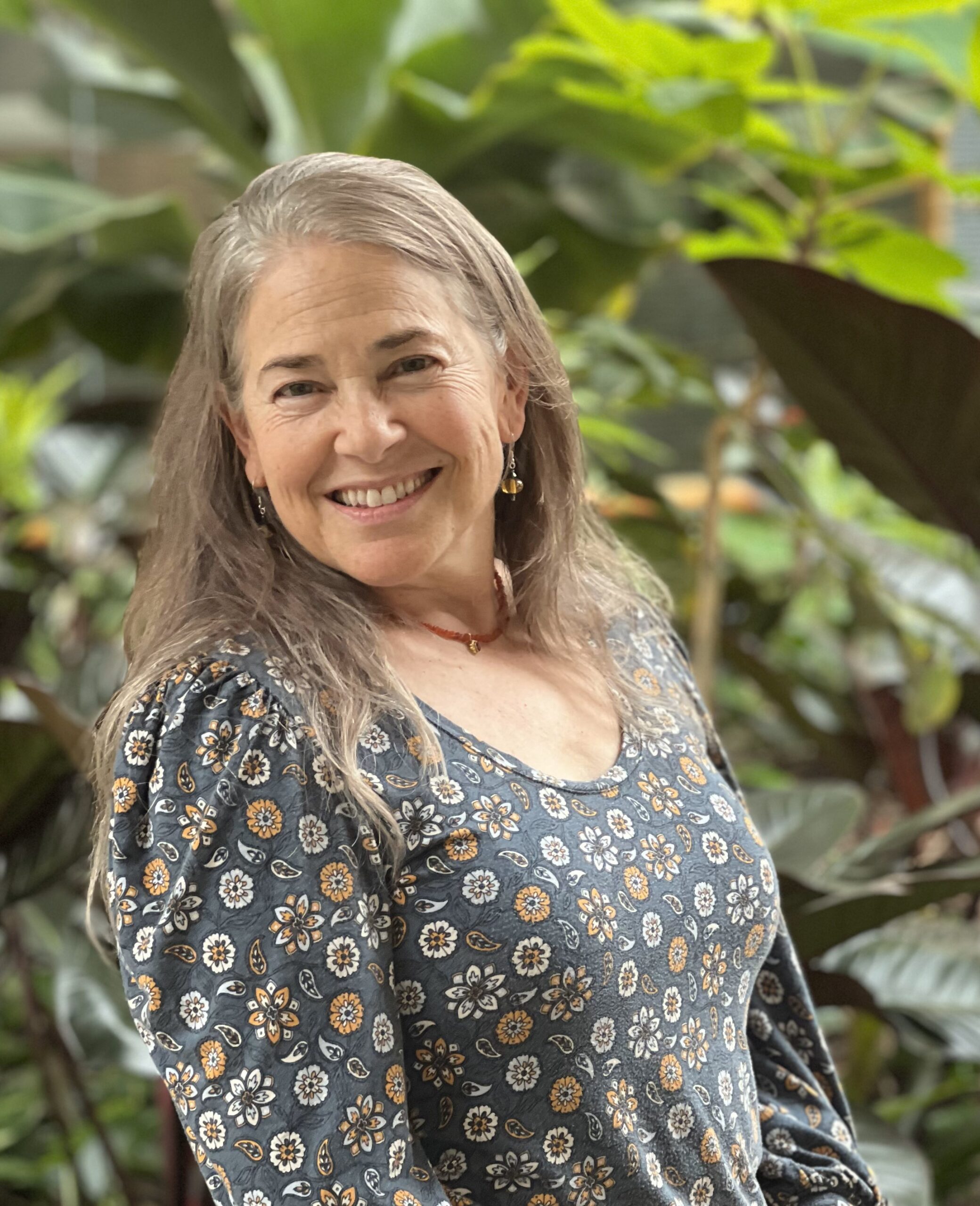
Cynthia Knowles
Pollution Prevention Specialist, San Mateo County Environmental Health Services
Cynthia Knowles, MA is passionately dedicated to supporting families in creating the healthiest home possible using the least toxic and safest means possible. Her field work in Latin America and home visits in multicultural Bay Area communities has taught her that families can empower themselves to prevent pests and mold and improve indoor air quality. From early conservation work in rural Latin America beginning in 1993 to pollution prevention and healthy homes projects over the past 20 years in San Francisco and San Mateo County, she delights in facing a challenge and exploring the source of unhealthy living conditions.
Preparing the Air for Newborns and Children
Watch the Recording Below
Our fourth webinar will share evidence-based tips and tools to create rooms in the home with optimal air quality for pregnancy, newborns and children. We will also explore common consumer and household products that contribute to poor indoor air quality and the accompanying health impacts common in children such as childhood asthma.
This comprehensive session will cover:
Indoor Asthma Triggers:
- Indoor Air Sources: Learn about several common indoor sources that can potentiate or exacerbate childhood asthma.
- Chemical and Physiological Process: Explore how certain chemicals that can live indoors affect body systems.
- Asthma Health Risk Reduction: Learn about actions that can be implemented to reduce indoor air pollution health risks.
Indoor Household and Personal Products:
- Indoor Air Pollution and Pregnancy: Recognize the impact of indoor air quality on pregnancy.
- Children’s Vulnerabilities: Identify the effects of indoor air quality on children’s health and development.
- Harmful Personal and Household items :Identify personal care and household items that may negatively impact indoor air quality and health and provide some alternatives.
- Improving the Air for Newborns and Children: Identify resources where you can check if products you’re bringing home are safer for human health and the environment (EWG Verified, EPA Safer Choice, etc.)
- Patient Resources: Review a “Preparing the Air for Newborns and Children” handout for parents and expecting parents.
Meet Our Speakers

Vi Thuy Nguyen, MD, FAAP
Vi Thuy Nguyen, MD, FAAP is a Fellow of Environmental Health as part of the American Academy of Pediatrics and serves as Co-Chair of San Diego’s AAP Climate Change and Health Committee, Chair of AAP California State Government Affairs Expert Committee on Environmental Health and Climate Change. She is Co-Founder of San Diego Pediatricians for Clean Air, a coalition of concerned pediatricians who advocate for pediatric asthmatic patients. She also now serves as Co-Chair of the Public Health Advisory Council for Climate Actions Campaign in San Diego. She originally earned her MD at Harvard Medical School and trained in general pediatrics and pediatric endocrinology at Massachusetts General Hospital (MGH) and the National Institutes of Health (NIH). She completed her 5-year-term as Assistant Chief of Pediatrics at Kaiser Permanente San Diego. In her professional life, she managed over 90 outpatient general pediatricians and was responsible for Pediatric Quality measures with special emphasis on pediatric asthma health and vaccine measures.
After a numerically successful but personally grueling time in middle management and experiencing burn-out, Vi has pivoted her extra-curricular physician time to being an advocate for physician wellness and joy and climate work. She is a proud trained Climate Reality Leader and Co-Lead of Kaiser San Diego’s Sustainability/Green Team. She actively blogs and Instagrams as an alternate eco-avatar plogger (jogger and beach cleaner) in the Pacific Beach area. She is currently laser focused on decarbonization and building electrification. She was able to successful orchestrate H3SD San Diego’s Heat and Human Health Summit.

Christine James, MD, MSc
Christine James, M.D., M.Sc. is a clinical assistant professor and associate program director of the Allergy and Immunology fellowship at UC San Diego Health. Her interest in climate change
and health began in fellowship when she completed a clinical research study on pediatric asthma and traffic-related airborne pollutants. She is a trained Climate Reality leader and serves as
co-chair of the Public Health Advisory Council of Climate Action Campaign, a San Diego-based climate change advocacy organization. She is a former Public Voices Fellow on the Climate
Crisis. She is currently a fellow with the University of California Clinical Decarbonization Fellowship and the University of Colorado Climate and Health Policy Fellowship.
Thank You to Our Co-sponsors






